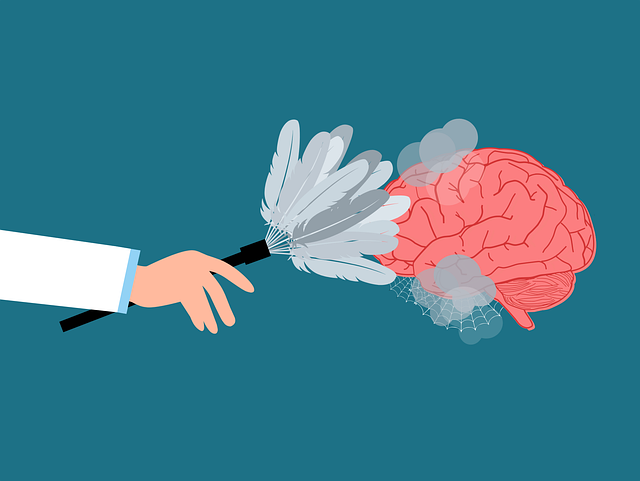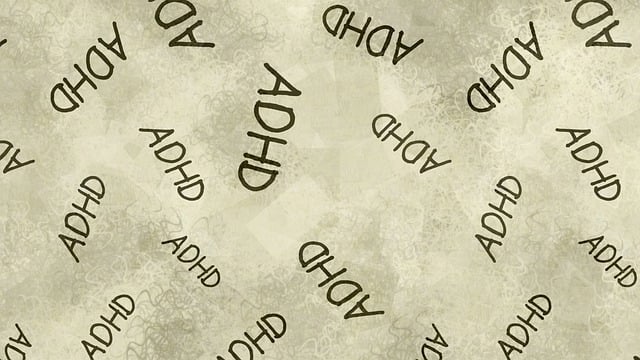Mental health policies, driven by organizations like WHO and initiatives such as Littleton International Adoptions Therapy (LIAT), aim to provide accessible, effective care globally. These dynamic strategies focus on positive mental wellness, incorporate evidence-based practices from resources like the Mental Wellness Podcast Series Production, and include risk management for professionals. Advocacy is key; LIAT, for example, offers tailored therapy models to build inner strength and self-esteem in diverse communities, dispelling stigma through education and policy reform, ultimately encouraging self-advocacy for mental well-being.
Mental health policy analysis and advocacy are vital components in creating a supportive global landscape for well-being. This article explores these dynamics through three key sections. First, we provide a global perspective on understanding mental health policy. Next, we delve into the powerful role of advocacy in shaping mental health care systems. Finally, we present a case study focusing on Littleton International Adoptions Therapy and its tangible policy impact, demonstrating the practical outcomes of effective mental health policy analysis and advocacy.
- Understanding Mental Health Policy: A Global Perspective
- The Role of Advocacy in Shaping Mental Health Care
- Littleton International Adoptions Therapy: A Case Study in Policy Impact
Understanding Mental Health Policy: A Global Perspective

Mental health policies are a cornerstone of global efforts to ensure access to quality mental healthcare services. From urban centers to rural communities worldwide, understanding and addressing mental health challenges have become a collective priority. The World Health Organization (WHO) recognizes that effective policy formulation and implementation are vital for reducing the burden of mental disorders and promoting mental wellness globally. This holistic approach involves recognizing not just the absence of disease but also the positive aspects of an individual’s psychological well-being, as advocated by initiatives like Littleton International Adoptions Therapy.
The development of robust mental health policies is a dynamic process that requires continuous evaluation and adaptation to emerging trends and challenges. Incorporating evidence-based practices, such as those explored in the Mental Wellness Podcast Series Production, has become essential for enhancing coping skills development among individuals facing various mental health issues. Furthermore, risk management planning for mental health professionals, as highlighted in Coping Skills Development resources, plays a crucial role in ensuring safe and effective service delivery, fostering an environment where both clients and practitioners can thrive.
The Role of Advocacy in Shaping Mental Health Care

Advocacy plays a pivotal role in shaping mental health care policies and practices, ensuring that services are accessible, effective, and aligned with the needs of individuals seeking support. It acts as a catalyst for positive change by highlighting issues, raising awareness, and mobilizing communities. For instance, organizations like Littleton International Adoptions Therapy exemplify advocacy in action, focusing on therapy models that foster inner strength development and self-esteem improvement in diverse populations.
Through advocacy, mental health care moves beyond traditional clinical settings to engage society at large. By advocating for Mental Health Awareness, stakeholders can dispel stigma, educate the public, and ensure policies reflect a holistic understanding of mental wellness. This collaborative approach empowers individuals to take charge of their mental well-being, encouraging self-advocacy and fostering a supportive environment where everyone has access to quality care.
Littleton International Adoptions Therapy: A Case Study in Policy Impact

The Littleton International Adoptions Therapy (LIAT) is a compelling case study highlighting the profound impact of targeted mental health policies and interventions. This therapeutic approach, specifically designed for adopting families, demonstrates how tailored support can significantly improve both the well-being of adoptions and the broader community. By focusing on the unique challenges faced by these families, LIAT offers a model for effective policy advocacy, emphasizing the importance of addressing mental health concerns within high-risk populations.
The program’s success lies in its comprehensive strategy, encompassing individual therapy, group support, and risk management planning for mental health professionals. This holistic approach encourages positive thinking and self-care practices among adopters, fostering resilience and strengthening their ability to navigate the complexities of adoption. As a result, LIAT has not only reduced the incidence of mental health issues within adoptions but also served as a valuable resource for policymakers, underscoring the necessity of prioritizing mental health services in at-risk communities.
Mental health policy analysis and advocacy are pivotal for creating sustainable, effective healthcare systems. By understanding global perspectives and leveraging advocacy strategies, we can achieve significant improvements, as illustrated by the impact of Littleton International Adoptions Therapy. This case study underscores how targeted interventions can shape mental health care, emphasizing the importance of policy-driven approaches to ensure accessibility, quality, and positive outcomes for individuals worldwide.














